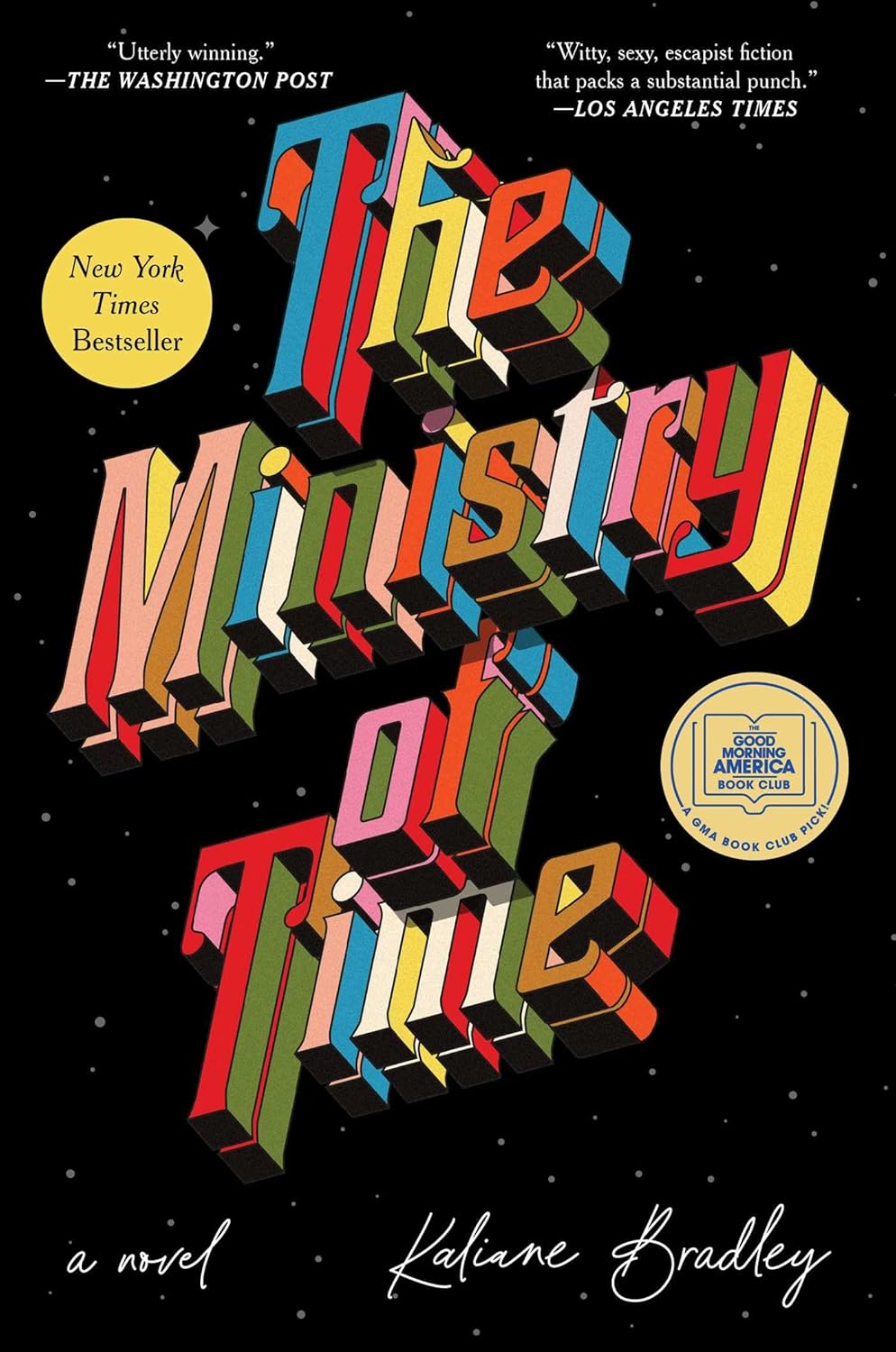Chapter III
byChapter III begins with Gore lying in his cabin, lost in reflection about his deteriorating physical state. His mind drifts to a comment made by Stanley about “Debility,” which describes the scurvy ravaging the crew and leaving them emotionally fragile and physically incapacitated. The imagery of despair surrounding him is palpable, with men lamenting their separation from home, dealing with joint pain, and suffering from the gradual loss of their teeth. The weight of these afflictions weighs heavily on Gore, but it is the word “Mother” that stirs deep, painful memories within him, bringing past wounds back to the surface. These emotional scars remain tender, as the pain of loss is compounded by the physical decline he faces. As he grapples with his thoughts, the past and present collide, leaving Gore in a state of melancholic introspection as his body continues to weaken.
While stretching his fingers, Gore is reminded of a past injury, a gun accident that occurred during his time with Captain Stokes in Australia. The vivid memory resurfaces—he was preparing to shoot a bird during an expedition up a river when a sudden, thunderous gunshot rang out. This moment of shock freezes in his mind, leaving him lying in the boat beside Stokes, who appears pale and shaken by the incident. The memory is briefly interrupted, but it lingers in Gore’s mind, colored by the dark humor of the situation. Gore’s awkward remark about having “killed the bird” prompts a rare laugh from Stokes, a fleeting but significant moment of camaraderie that Gore now sorely misses. The shared laughter in the face of danger highlights the deep bond between the two men, something that feels distant as Gore’s current isolation continues to grow.
As Gore lies there, he longs for the warmth and vitality of Australia, yearning for the liveliness of the land and the spirit of exploration that once filled his days. He fondly recalls the small, trivial misadventures—like the mishaps with local berries—that once punctuated his travels, adding color and life to his experiences. However, the cold, barren Arctic landscape he now inhabits leaves him feeling detached from the world around him, as he grapples with the harsh reality of his surroundings. His thoughts turn to his family back in New South Wales, but he avoids dwelling on them, knowing that such memories might stir feelings of loss and longing that he prefers not to confront. His body, now thin and fragile, feels foreign to him, a stark contrast to the vitality he once took for granted. This physical transformation is a reminder of his mortality, and though his mind longs for the warmth of home, he finds it difficult to reconcile the man he once was with the person he’s becoming in this desolate environment.
Despite his weakening body, Gore is resolute in his abilities as a hunter. He acknowledges that his skills remain sharp, particularly his remarkable aim, which still offers him some sense of control and purpose in an otherwise chaotic and uncertain world. He plans to venture out again the next day in hopes of securing better game, a small but significant attempt to regain his strength. His mind drifts to a successful hunt he had at the age of twenty-six with his friend Robert McClure, underscoring the deep sense of loneliness that has overtaken him. His friends and companions, once integral parts of his life, have faded away over time, leaving him to wrestle with the solitude of his current existence. Yet, despite this solitude and the constant physical suffering, Gore finds solace in the act of hunting. For him, the success of a kill affirms his sense of worth and provides a rare feeling of being loved and valued in a world that has become increasingly indifferent to his struggles. This dichotomy—his physical decline juxtaposed with his enduring skill—captures the essence of Gore’s emotional and psychological battle in the face of overwhelming adversity.

